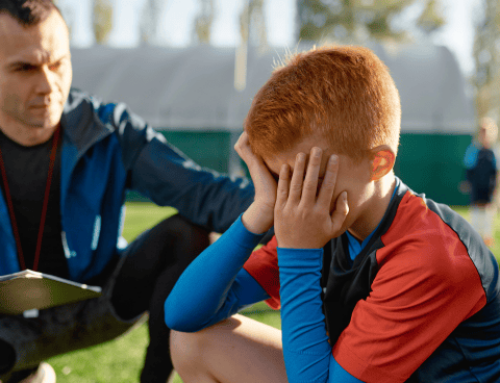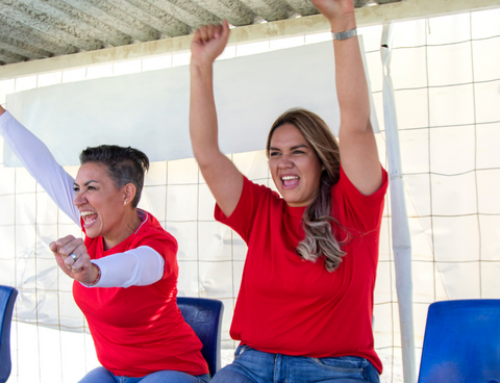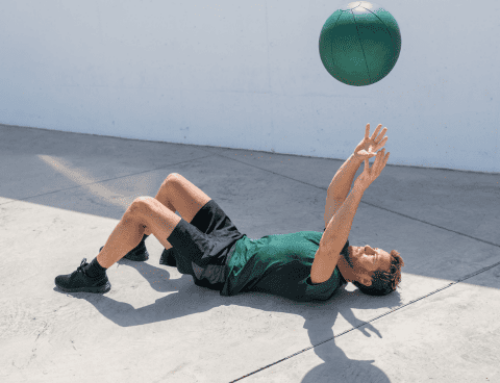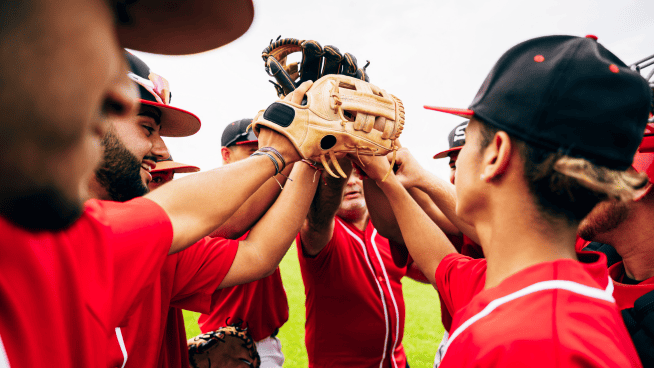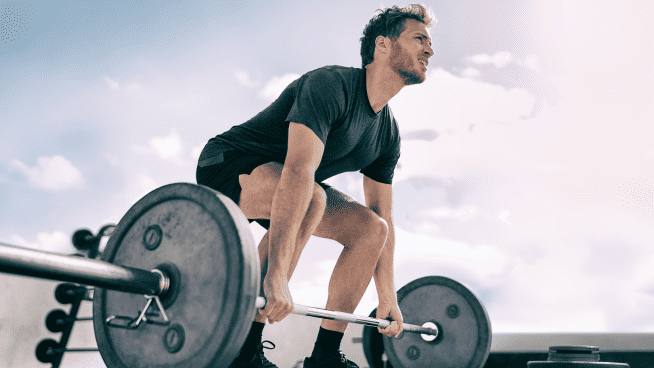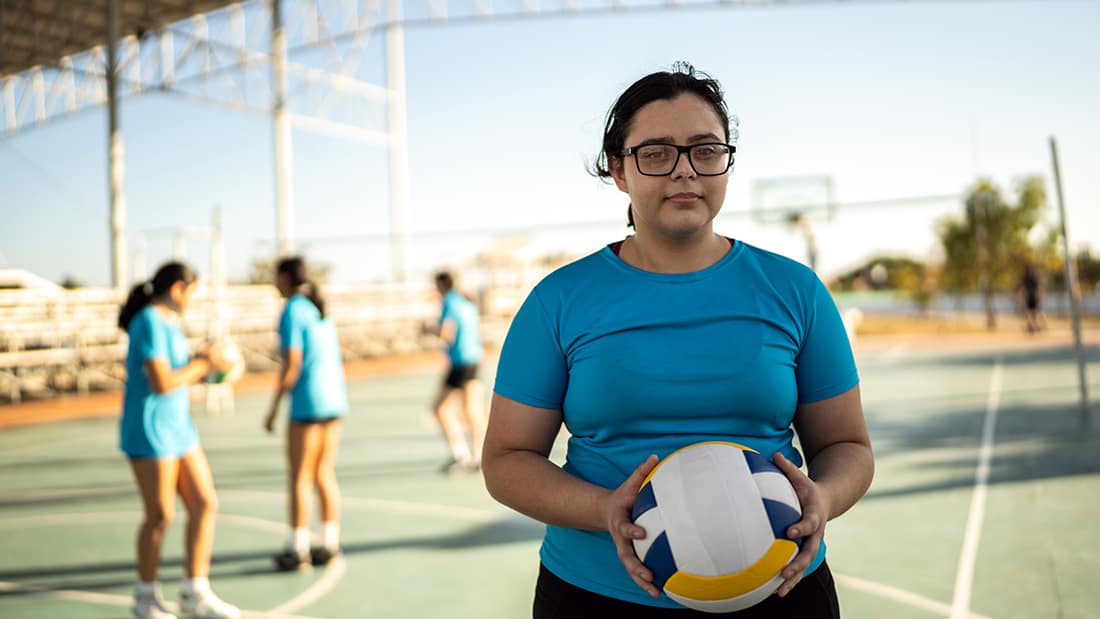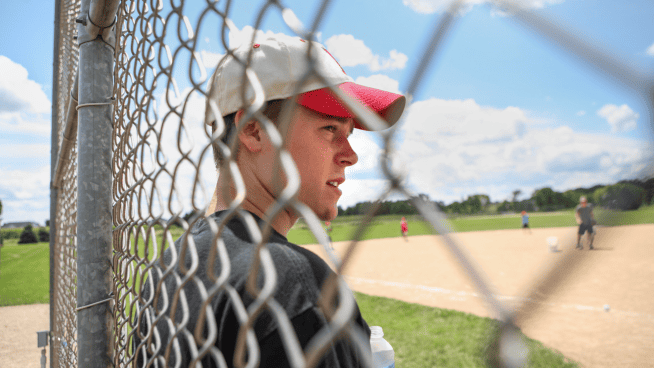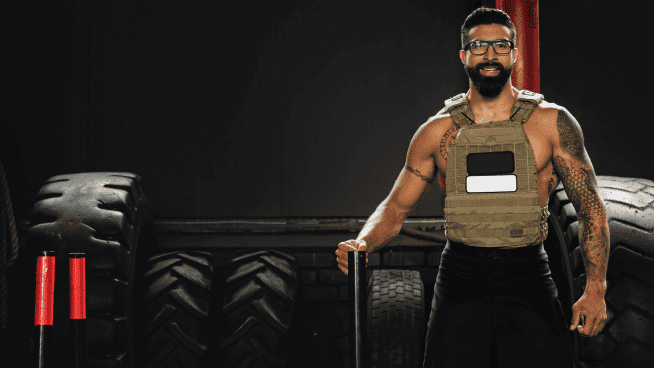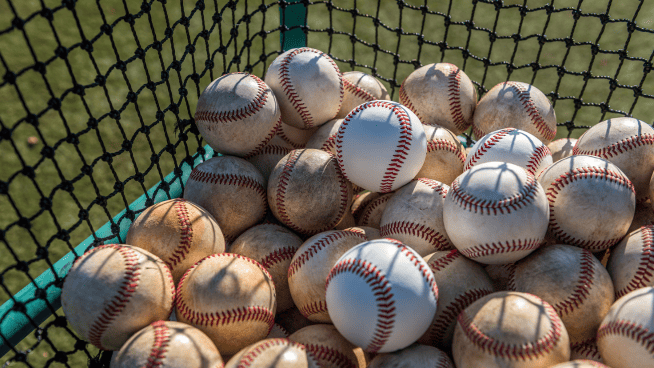Sleep: The Totally Legal P.E.D. Most Teen Athletes Totally Ignore
Sleep is one of the most overlooked ingredients in sports.
I spent 13 years coaching at West Point and I saw firsthand the difference that proper sleep patterns vs. sleep deprivation makes for an athlete.
After having trained high school athletes for decades, I know this simple fact—most of them don’t get nearly enough sleep on a nightly basis.
High school athletes often have to be up around 6 or 7 a.m. I know many of them don’t fall asleep early enough to get more than six or maybe six-and-a-half hours of sleep. That is simply not enough for peak athletic performance—not even close.
The reality is that teenagers need a lot of sleep to function at a high level, and teen athletes need even more.
A study published in the journal SLEEP found that Stanford basketball players were able to increase their free-throw and 3-point percentages by an average of 9 and 9.2 percent, respectively, simply by sleeping more.
Per Standford Medicine:
The researchers asked the players to maintain their normal nighttime schedule (sleeping for six to nine hours) for two to four weeks and then aim to sleep 10 hours each night for the next five to seven weeks. During the study period, players abstained from drinking coffee and alcohol, and they were asked to take daytime naps when travel prohibited them from reaching the 10 hours of nighttime sleep.
The athletes also performed better in a long-distance sprint and reported decreased fatigue and improved performance in both practices and games.
Ten hours is a lot, but most teen athletes would experience massive benefit simply from regularly achieving 8 hours of sleep a night.
The funny thing about sleep is you can’t really “make it up.” It’s not like you can sleep five hours a night during the week and then sleep in until 4 p.m. on Saturday and be back to normal. You may be able to make up for a few hours of missed sleep, but if you’re consistently shorting yourself, you’re going to be largely living in the fog of sleep deprivation. And once people get used to operating on less sleep than they need, they often don’t realize just how bad it’s making them feel.
My No. 1 advice for teen athletes is putting your phone far away when you get into bed. Put it in a completely separate room, if possible. If not, the urge to text or snap with your friends will be all too high, and you’ll suddenly find yourself scrolling Instagram at 3 a.m. when you’ve got a training session the next morning.
Now, while eight hours is a good starting goal for many athletes, it should by no means be the ultimate goal.
Remember, the Stanford basketball team saw major performance improvements when they strove for 10 hours of sleep a night. Larry Fitzgerald has said he’s a “nine hour-a-night sleep guy,” and that number creeps to 10 or 11 hours prior to a game. Roger Federer sleeps 10 hours a night and then takes a two-hour nap each day.
You may hear those numbers and say, “No way,” but with better time management, surely you can get to eight hours a night.
Adequate sleep is one of the most powerful performance-enhancing drugs in the world, and it’s totally legal.
I hear kids all the time say they’ll “do whatever it takes” to accomplish their goals, yet many can’t take advantage of this simple opportunity.
Why is getting so much sleep too much to ask? If you want to be your best, why not push yourself to get to bed?
I know from my own experience that I am much stronger and have much more endurance when I’m getting proper rest. I’m also much sharper mentally, as well.
If countless doctors, coaches, top-level athletes and studies say that getting proper sleep is super important to performance and improvement, why wouldn’t you follow their advice?
Many teens think they’re some wonder-kid where the rules of sleep simply don’t apply to them. Usually, they’ve just become accustomed to sleep deprivation and they aren’t even aware of what they’re missing. You will be a much better athlete and student if you get at least eight hours a night.
There are so many things out there that claim to make athletes better but don’t. Sleep is inarguable. Sleep works. A couple extra hours of sleep each night is going to be much more powerful than any supplement you can buy at GNC.
With that said, I’m telling you to get your butt in bed, put your darn phone away, and get some shuteye!
My challenge: make an effort to get at least eight hours of sleep a night for one consecutive week, and do it with a consistent bedtime and wake-up time.
If you can manage to do that, I believe you’ll be sold on the power of sleep forever.
Photo Credit: MarioGuti/iStock
READ MORE:
RECOMMENDED FOR YOU
MOST POPULAR
Sleep: The Totally Legal P.E.D. Most Teen Athletes Totally Ignore
Sleep is one of the most overlooked ingredients in sports.
I spent 13 years coaching at West Point and I saw firsthand the difference that proper sleep patterns vs. sleep deprivation makes for an athlete.
After having trained high school athletes for decades, I know this simple fact—most of them don’t get nearly enough sleep on a nightly basis.
High school athletes often have to be up around 6 or 7 a.m. I know many of them don’t fall asleep early enough to get more than six or maybe six-and-a-half hours of sleep. That is simply not enough for peak athletic performance—not even close.
The reality is that teenagers need a lot of sleep to function at a high level, and teen athletes need even more.
A study published in the journal SLEEP found that Stanford basketball players were able to increase their free-throw and 3-point percentages by an average of 9 and 9.2 percent, respectively, simply by sleeping more.
Per Standford Medicine:
The researchers asked the players to maintain their normal nighttime schedule (sleeping for six to nine hours) for two to four weeks and then aim to sleep 10 hours each night for the next five to seven weeks. During the study period, players abstained from drinking coffee and alcohol, and they were asked to take daytime naps when travel prohibited them from reaching the 10 hours of nighttime sleep.
The athletes also performed better in a long-distance sprint and reported decreased fatigue and improved performance in both practices and games.
Ten hours is a lot, but most teen athletes would experience massive benefit simply from regularly achieving 8 hours of sleep a night.
The funny thing about sleep is you can’t really “make it up.” It’s not like you can sleep five hours a night during the week and then sleep in until 4 p.m. on Saturday and be back to normal. You may be able to make up for a few hours of missed sleep, but if you’re consistently shorting yourself, you’re going to be largely living in the fog of sleep deprivation. And once people get used to operating on less sleep than they need, they often don’t realize just how bad it’s making them feel.
My No. 1 advice for teen athletes is putting your phone far away when you get into bed. Put it in a completely separate room, if possible. If not, the urge to text or snap with your friends will be all too high, and you’ll suddenly find yourself scrolling Instagram at 3 a.m. when you’ve got a training session the next morning.
Now, while eight hours is a good starting goal for many athletes, it should by no means be the ultimate goal.
Remember, the Stanford basketball team saw major performance improvements when they strove for 10 hours of sleep a night. Larry Fitzgerald has said he’s a “nine hour-a-night sleep guy,” and that number creeps to 10 or 11 hours prior to a game. Roger Federer sleeps 10 hours a night and then takes a two-hour nap each day.
You may hear those numbers and say, “No way,” but with better time management, surely you can get to eight hours a night.
Adequate sleep is one of the most powerful performance-enhancing drugs in the world, and it’s totally legal.
I hear kids all the time say they’ll “do whatever it takes” to accomplish their goals, yet many can’t take advantage of this simple opportunity.
Why is getting so much sleep too much to ask? If you want to be your best, why not push yourself to get to bed?
I know from my own experience that I am much stronger and have much more endurance when I’m getting proper rest. I’m also much sharper mentally, as well.
If countless doctors, coaches, top-level athletes and studies say that getting proper sleep is super important to performance and improvement, why wouldn’t you follow their advice?
Many teens think they’re some wonder-kid where the rules of sleep simply don’t apply to them. Usually, they’ve just become accustomed to sleep deprivation and they aren’t even aware of what they’re missing. You will be a much better athlete and student if you get at least eight hours a night.
There are so many things out there that claim to make athletes better but don’t. Sleep is inarguable. Sleep works. A couple extra hours of sleep each night is going to be much more powerful than any supplement you can buy at GNC.
With that said, I’m telling you to get your butt in bed, put your darn phone away, and get some shuteye!
My challenge: make an effort to get at least eight hours of sleep a night for one consecutive week, and do it with a consistent bedtime and wake-up time.
If you can manage to do that, I believe you’ll be sold on the power of sleep forever.
Photo Credit: MarioGuti/iStock
READ MORE:

